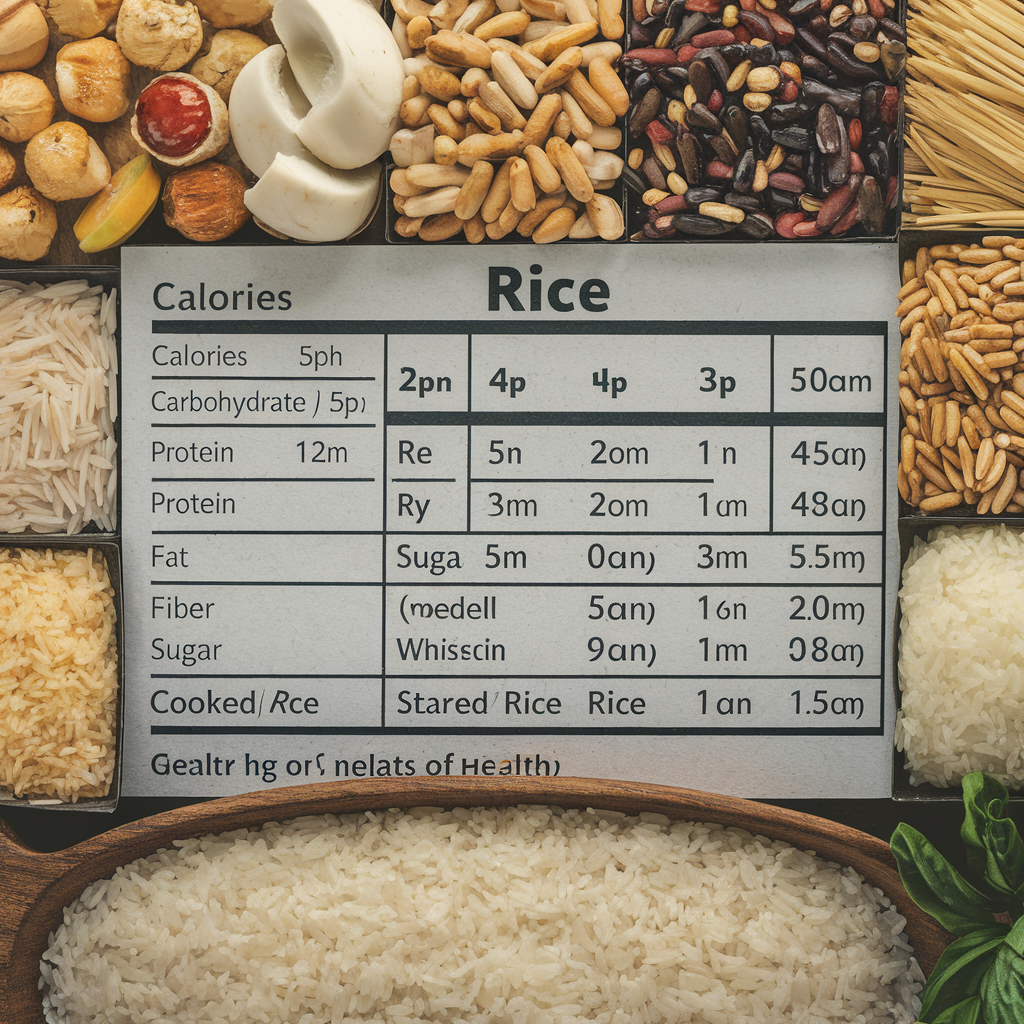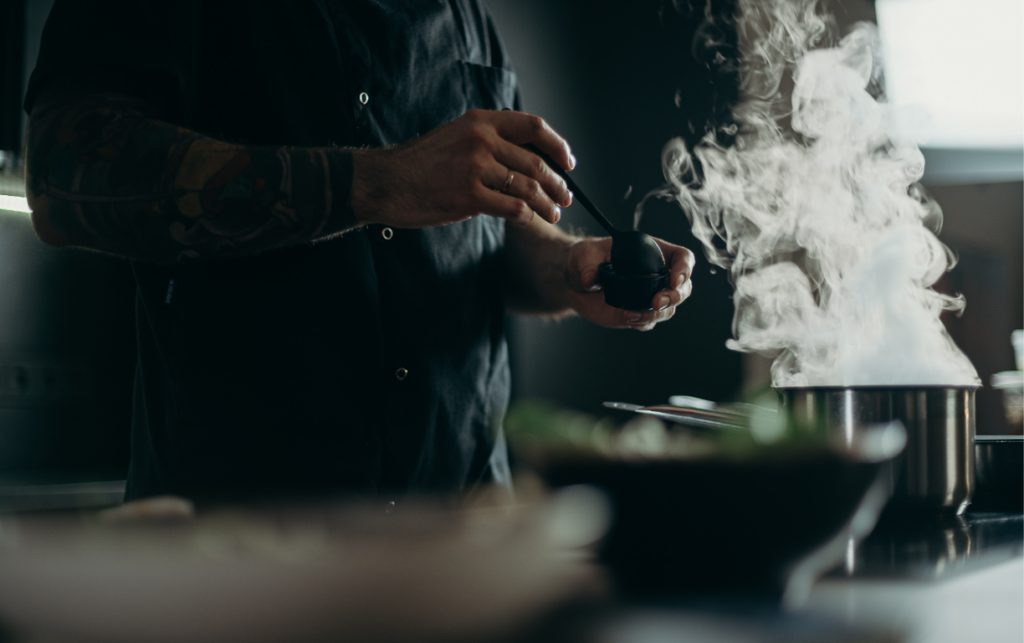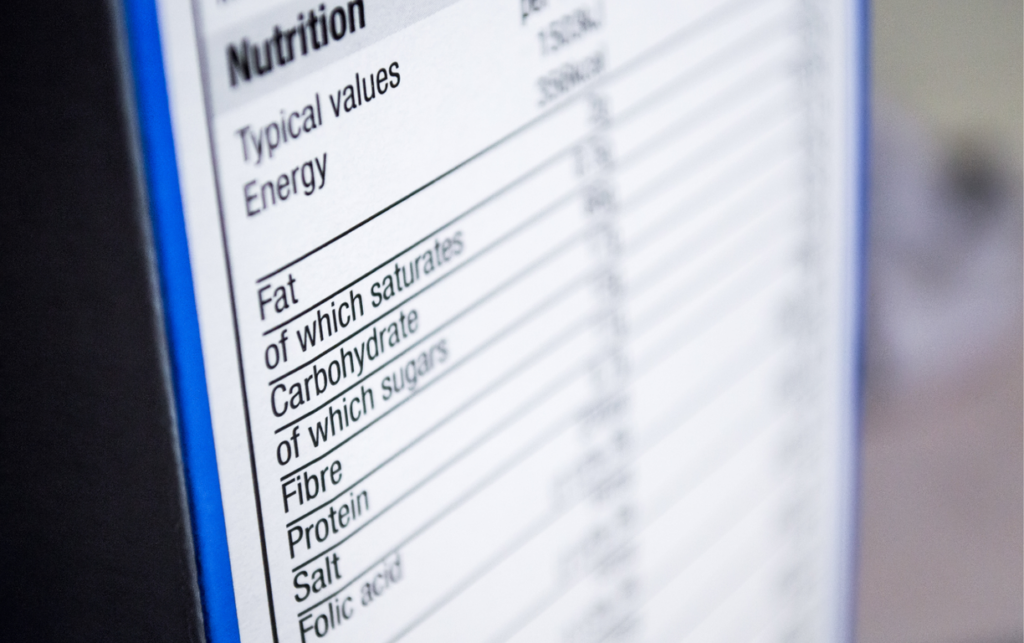Physical Address
304 North Cardinal St.
Dorchester Center, MA 02124
Physical Address
304 North Cardinal St.
Dorchester Center, MA 02124

Which is healthier: cooker rice or boiled rice? Unveil the health benefits and make an informed choice for your plate!
So you’re standing in your kitchen, staring at a bag of rice, asking yourself, “Do I boil it, or just let the rice cooker do its thing?” Good news! I’m here to walk you through what happens with both methods, so you can decide how to get that rice from the bag to the bowl.

Boiling rice on the stove is like playing a game of patience. You keep an eye on it, let it simmer in water, and wait till it’s all soaked up and fluffy. Does sound a bit hands-on, right? Now, enter the rice cooker—a magical appliance that basically takes rice and does all the work for you. It uses just the right amount of heat and steam to get your rice all fluffy with minimal effort from you. Just pop it in, close the lid, and relax!
Both ways come with their perks and quirks—be it the clock ticking away your time, how much energy you’re burning, or just the ease of it all. In case you’re wondering how much time this all takes, check out our piece on how long does it take to cook rice in a rice cooker?.
Now, let’s talk health—boiled vs. rice cooker rice. So, boiling rice lets you keep those nifty nutrients locked in by using just the right amount of water. It’s like making sure you get all the good stuff that was promised on the package label.
On the flip side, the rice cooker might do things a bit differently with its steam and settings that could tweak how nutrients stay in the grains. It’s worth knowing how these methods mess with the nutrient lineup to see which one fits your health groove better. Curious if steamed rice could be your new buddy? Have a look at our take on which is healthier: boiled rice or steamed rice?.
Consider all these tiny details, mix them with what you want from your meal in terms of health and ease, and you’ll find the rice method that clicks with you. Don’t forget all those little extras like being green, the taste you prefer, and how easy-peasy it is when choosing. For some straight answers on how to cook rice efficiently, check out what is the most efficient way to cook rice?.
Rice ain’t just rice—how you cook it makes a big difference in what you get on your plate. Boiling rice? That’s a method that helps keep those good-for-you bits locked in. So, what’s the deal with boiled rice and all its healthy goodness?
Boiling rice is like nature’s clever hack to keep all the good stuff right where it belongs. As rice simmers away in a pot, it soaks up water and holds tight to its precious B vitamins like thiamine and niacin, plus minerals like potassium and magnesium.
Here’s a side-by-side of what happens to some of those nutrients when you give rice a good boil:
| Nutrient | Before Boiling (per 100g) | After Boiling (per 100g) |
|---|---|---|
| Thiamine (Vitamin B1) | 0.4 mg | 0.35 mg |
| Niacin (Vitamin B3) | 4.2 mg | 3.8 mg |
| Potassium | 115 mg | 110 mg |
| Magnesium | 20 mg | 18 mg |
Basically, with boiled rice, you’re getting a nutrient-packed bang for your buck that keeps you fueled up and feeling good.
Got a touchy tummy? Boiled rice might just be your new best friend. The boiling process itself loosens up those stubborn starches, making the grains super gentle on the belly, which is great stuff if you’ve got digestive gripes or just want to go easy.
Plus, boiled rice is kind of a rock star when it comes to keeping your blood sugar steady. It’s got a lower glycemic index than rice cooked in other ways, so your energy stays nice and steady without those annoying sugar rushes and crashes.
So, if you’re eyeing boiled rice versus steaming up something in a rice cooker, consider how boiling keeps those nutrients close and supports gentle digestion and steady energy. It’s like giving your meal a little upgrade, just by the way you cook it.

When you’re sizing up the good stuff in rice whipped up in a rice cooker, think about how this handy gadget messes with the nutrients and how it scores on the blood sugar radar.
Rice cookers are like your trusty sidekick, making the whole process a breeze with their smart tech to get rice just right. With their sealed environment, these cookers are champs at keeping water-soluble goodies like B vitamins and minerals locked in, which might take a hike when you go old school.
Using a rice cooker means holding onto more of those essential nutrients in your rice. This makes your meal a bit of a powerhouse, giving your diet a little boost. Curious about how boiled rice stacks up against rice cooker rice? Check out our article on which is healthier: boiled rice or steamed rice?.
The glycemic index (GI) is like your friendly neighbor showing you how fast food affects your blood sugar. High GI foods are like a rollercoaster, rushing sugar into your bloodstream, while low-GI ones take you on a lazy river ride with a slow release of energy.
Rice cookers nail that perfect texture, giving each grain its moment to shine. This could mean rice that might just chill out on the GI scale compared to its boiled buddy.
Opting for the rice cooker route could be your ticket to a lower GI dish, which is great if you’re keeping tabs on your blood sugar and need steady energy throughout the day. Want to find the best ways to cook rice that’s easy on the blood sugar? Pop over to our article on what is the most efficient way to cook rice?.
By getting the lowdown on how cooking rice in a rice cooker impacts nutrients and its GI score, you can make a call that jives with your eating habits and health aspirations. Give different cooking styles a whirl and see which vibe with your nutrition needs to get the most out of your meals.
When you’re stuck wondering whether to boil or grab a rice cooker, there’s a whole buffet of things to chew over that’ll affect how healthy and nutritious your favorite grain turns out to be. Let’s break down these ideas and help you figure this puzzle out.
Nutrient Retention: Boiling rice the old-school way on your stove might cost you a few nutrients since some water-soluble vitamins like the B ones might sneak into the water. On the flip side, rice cookers work their magic using steam and pressure, which hang onto these nutrients better. If you’re curious about why this matters, take a peek at our section on the nutritional value of boiled rice.
Cooking Process: Boiling rice might end up being a game of roulette—you risk a bowl of mush or a crunchy surprise. Rice cookers bring their A-game, ensuring each rice grain is cooked to perfection. Intrigued by timing? Check out our article on how long does it take to cook rice in a rice cooker for more details.
Glycemic Index: The glycemic index (GI) is a fancy way of saying how fast rice can turn into sugar in your blood. Some folks say rice cooked in a rice cooker might help keep this in check better than the pot method. It all boils down to the way each method handles the rice starch. To dig deeper into GI’s impacts, hop over to our bit on the nutritional value of rice cooker rice.
Convenience: With a rice cooker, it’s like having a personal chef—set it and forget it! It’s a godsend for those juggling a tight schedule or anyone who’d rather stay hands-free in the kitchen. If this sounds like your jam, peep our article on why bother with a rice cooker.
By winding these strands together, you’ll soon discover what method fits your lifestyle and health ambitions. Whether you’re rooting for more vitamins, ease of use, or keeping an eye on your GI, knowing the ins and outs of boiling and rice cooking powers you to make a choice that caters to your well-being. And remember, there might be other tidbits that only you can add to the decision salad based on what you like and need in a kitchen.